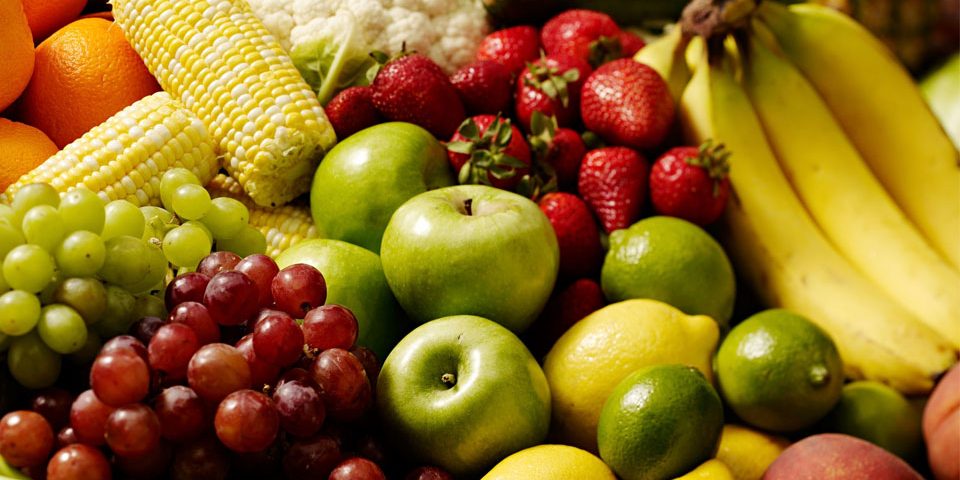6 Fruits And Vegetables That Cause Stomach Bloating And Smelly Gas

Dentists in Alberta Suspended from Providing Anesthesia
June 20, 2017
Tips on Finding the Best Dentist
July 18, 2017Most of us will try to load up on fruits and vegetables while trying to be healthy. These colorful foods have tremendous benefits to our bodies, but they can wreak havoc on our digestive system. It’s not unusual that we develop stomach bloating and smelly gas after eating these healthy foods in excess.
When it comes to fruit and vegetable intake, moderation is key. Below are six foods that cause bloating and gas, from apples to mangoes.
Artichokes
This gas culprit contains a natural sugar, known as oligosaccharide, which the human body cannot completely break down. These large molecules are not digested in the same way as other sugars because the human body does not make the enzyme that breaks them down. Instead, they make their way through the digestive tract to the large intestine intact and not digested, waiting to be broken down by bacteria in the intestine. It is this process that produces smelly gas.
Carrots
Carrots are one of the healthiest foods that provide us with essential vitamins and minerals according to the dental staff at Sapperton Dental in New Westminster, BC. However, eating too many carrots can leave us with uncomfortable side effects, like veggie bloat. A cup of raw carrots contains about 12 grams of carbohydrates with 4 of these grams being fiber. High-fiber vegetables, like carrots, cause gas because bacteria within the colon produces it as a by-product of its digestion of fiber.
Cruciferous Vegetables
Vegetables like kale, cabbage, and broccoli are excellent sources of vitamin C and fiber, but they can also make us feel bloated and gassy. Cruciferous vegetables contain the complex sugar known as “raffinose,” which makes it difficult to digest for people with a sensitive stomach, according to the EastVan Dental Clinic. These vegetables not only cause flatulence, they also produce an odiferous smell.
Apples
This popular fruit is filled with antioxidants, especially green apples, according to Dr. Vinay Dhir. However, apples are loaded with fructose, or fruit sugar, which can be tough on a sensitive stomach. Fructose requires no digesting; they are already broken down into the simplest form the body can absorb. Moreover, when fructose doesn’t get absorbed into the bloodstream through the intestinal wall, it is sent down the bowels and consumed by bad bacteria that make by-products, like methane and hydrogen gas, causing bloating, cramping, gas, diarrhea, and bad breath.
Blackberries
The antioxidant-rich fruit is packed with polyols, the main component in sugar substitutes, also known as sugar alcohols. Polyols linger around the digestive system and are only partially absorbed by the small intestine. The remaining polyols pull water into the small and large bowel and are then fermented by intestinal bacteria, leading to excessive gas.
Mangoes
This sweet fruit contains more fructose than glucose, which makes it difficult for fructose to be absorbed by the body. This imbalance can lead to bloating and flatulence according to Dr. Sidhu in Surrey, BC. Moreover, fructose is sweeter than glucose, which can make it more difficult to digest for those with gut issues.
Remember, eating these healthy foods in excess will make your stomach hurt.




